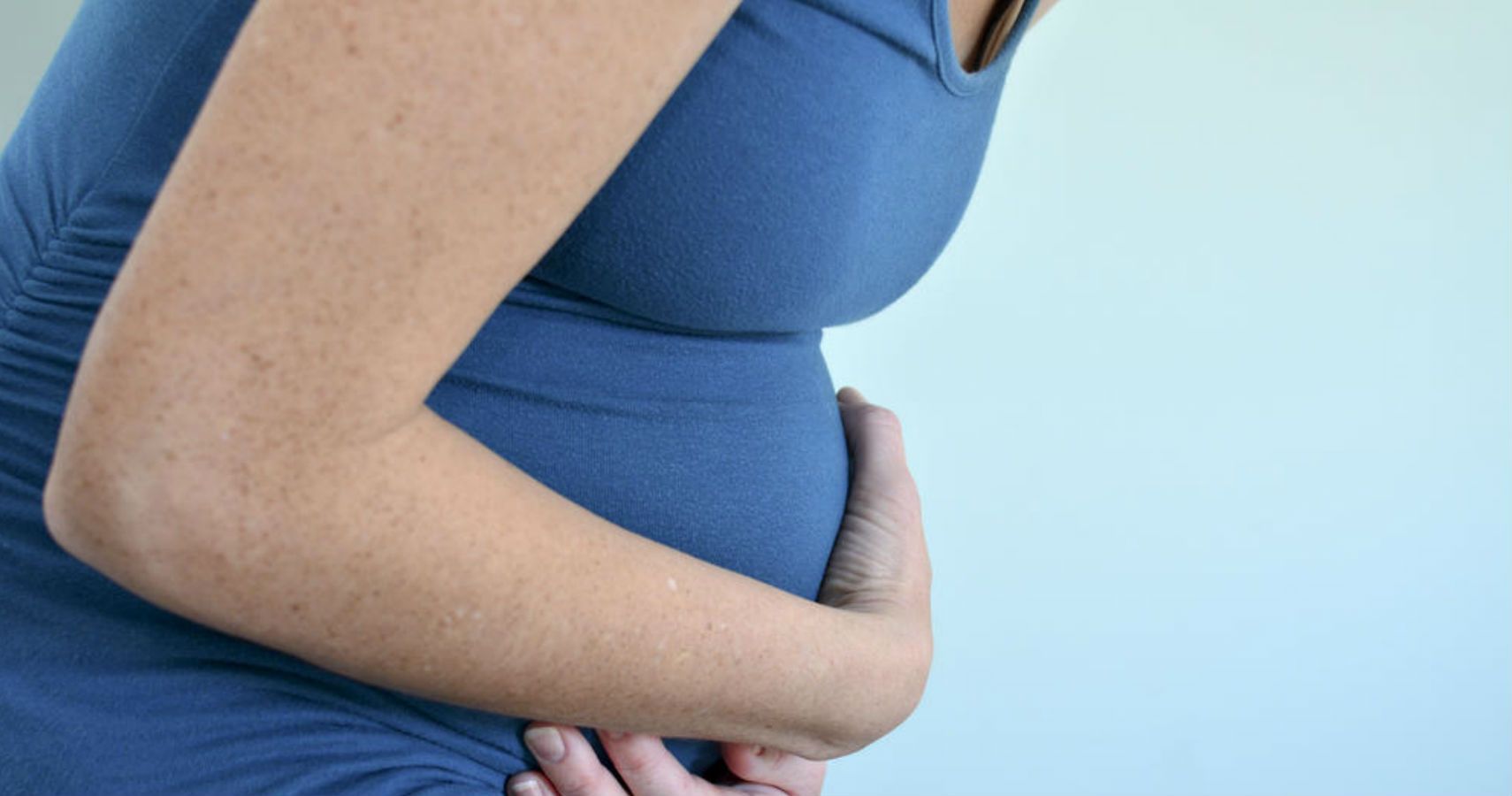If you have Irritable Bowel Syndrome (IBS) or know someone who does, you know of its debilitating effects. Between abdominal cramping, constipation and/or diarrhea, IBS can make even the easiest of tasks or excursions difficult. With its onset typically being triggered by food, it can also be stress or hormone-induced (making management tricky). Because of its symptoms, a lot of women wonder if this syndrome can cause adverse effects on pregnancy or even lessen the chances of conception. Researchers can't say for certain if IBS can cause issues during pregnancy and conception, but studies do show a slight correlation.
Research done by The University College Cork (Ireland) and the Biostatics Group of the University of Manchester (United Kingdom), showed that of 100,000 pregnant participants, "26.5% had IBS prior to getting pregnant and of that percentage, 6.6% suffered a miscarriage, 0.74[%] had an ectopic pregnancy, 0.43% developed pre-eclampsia, and 0.22% were stillborn ... They further noted that additional factors, such as smoking, depression, and further comorbidities, could have contributed to the increased miscarriage risk for women with IBS". In other words, IBS could cause miscarriage and other issues, but only maybe.
What is known, however, is that IBS can cause problems, which can subsequently then cause additional problems for women trying to conceive more so than women who are already pregnant. In an interview with Romper, Dr. Edward Marut explains that "if IBS effects are severe and cause dehydration and weight loss, the stress of the illness may reduce the probability of conception". That makes sense given previous research that explains that in order for conception to occur, a woman's body needs to be able to properly house and grow the developing egg. If conditions are not optimal, conception is harder to achieve. That being said, Romper explains that "IBS may affect your ability to get pregnant, but [it] shouldn't be a factor in whether you lose a pregnancy".
Pregnancy in itself can worsen the symptoms of IBS just for the simple fact that IBS can be triggered by hormone fluctuations. According to WebMD, progesterone and estrogen are likely culprits for the increase in bathroom visits. "Estrogen and progesterone affect IBS symptoms in a few ways, from how your intestines work to how much pain you feel". According to the Women's International Pharmacy, hormone fluctuations that occur during pregnancy and even during menses "cause changes in the natural ecosystem of the GI tract and indirectly lead to GI tract discomfort". Women without IBS can also experience this discomfort but with IBS, it's amplified.
READ NEXT: 15 Messy Truths Behind IBS During Pregnancy
The best thing to do (and really the only thing you can do) when you have IBS and are trying to conceive or are pregnant is to manage your symptoms as best as you can. Diet and lifestyle changes help those whose trigger is mainly food, but stress management can go a long way in reducing symptoms as well. Even the stress of trying to conceive can make conception harder and IBS symptoms worse. Although there is no cure, rest assured that the dangers of having IBS and being pregnant are only speculative.
Of course, consult a doctor to determine the best course of action for your own situation.

